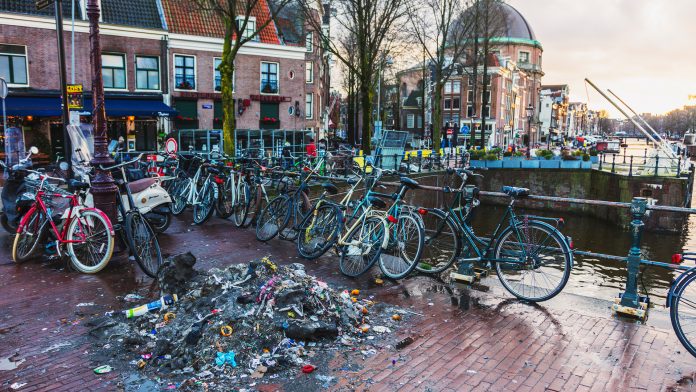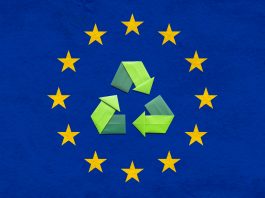Officials in Amsterdam have approved the new Amsterdam Circular Strategy 2020-2025 in order to significantly reduce the use of new materials.
The key aim of Amsterdam’s circular strategy is to half the use of new raw materials by 2030 in order to achieve a fully circular city by 2050.
According to a report published on the city council’s website, we would need 2.9 Earths to meet Europe’s demand for raw materials.
How will Amsterdam change?
The circular economy prevents the production of waste by preserving the value of products, components and raw materials in a closed cycle. In their new report, Amsterdam council have expressed interest in:
- Influencing companies in production chains to create products that can be easily repaired or dismantled for reuse
- Separating economic growth from the pressure on the environment
- Becoming natural gas free by 2040
- Tightening regulation on ‘sustainable’ products and services
A new method of circular processing
In order to further stimulate the circular economy, Amsterdam’s council have rethought the traditional ‘reduce, reuse, recycle’ approach. The new way of viewing materials suggests consumers and producers do the following:
- Refuse – make non-sustainable products redundant by providing the same function in a different way
- Rethink – the report suggests that consumers share products wherever possible to reduce production
- Reuse – in order to put an end to the ‘throw away culture’, consumers must reuse materials wherever possible
- Repair – by repairing defective products, one can reduce the quantity of products going to landfill whilst also preserving materials
- Refurbish – updating products can reduce the number of usable products going waste
- Remanufacture – Reassembling functioning components to make comparable products
- Repurpose – Reuse the product or components in a new product with a new function
- Recycle – sustainable and responsible recycling methods can help reduce the use of raw materials whilst also minimising waste
- Recover – the final step in this process is incineration with energy recovery
The economic effect of the new eco-approach
As the demand for new environmentally sound technologies rises, so will the global need for innovators and engineers. According to the Amsterdam Circular Strategy report, ‘those who are among the pioneers in offering good, clean options can count on investors’.
The new report suggests a shift from taxation on labour to taxation on raw materials and energy. This shift will allow repairs to become cheaper, while the purchasing of new products will become more expensive.









